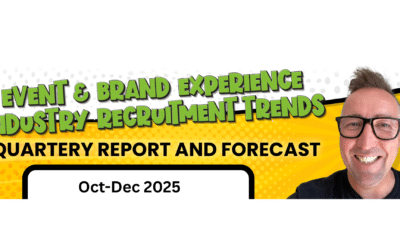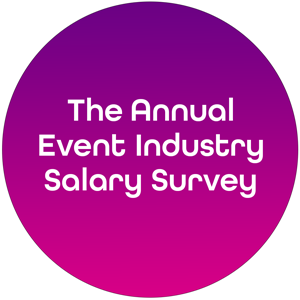Job seekers tend to assume that the interview starts and ends with the face-to-face meeting, but there’s lots you can do before and after to make sure you stand out.
It’s worth me pointing out early on in this column that I believe interviews now should be conducted in real life. Please don’t insist on a Zoom meeting unless you have a very real and practical reason for asking. We are a live industry, so the least you should do is to meet your potential employer in real life.
So, you’ve been told that a company would like to formally interview you for that amazing role that you applied for. What should you do next?
Step 1: Pre-interview
The first thing is to find out why you have been put forward. What was it about you that excites and interests them? It’s also really important to find out what gaps in your experience they are concerned about. The second question takes a lot more courage to ask, but you really need to find the confidence to ask it in advance because it will give you time to prepare your answers.
Most people only have a two-page CV so this is also the time to offer the interviewer more information about yourself. It’s very simple to say ‘Hi Bob, I’m really looking forward to being interviewed by you on Friday – I thought you might be interested in a link to my profile, or a CV with a bit more information, or some testimonials from clients I have worked with etc.”
Step 2: The Interview.
The interview starts from the moment you press the buzzer and walk in. Remember to be courteous to everyone you meet – from the receptionist and the person who offers you coffee, to anyone who walks past you in reception.
It’s also worth noting how you are being treated, are you being ignored, or even worse, are the people you interact with rude, all usual things to know if you’re going to be working there
Once you are in the interview, it’s an unfortunate fact that the interviewer is not really listening to your answers. They are listening out for the answer they want to hear to something specific, so you need to find out exactly what that is. Their questions will be vague, so you need to drill down. Answer their questions with a question asking them to be more specific.
For example, if you are asked “Tell me about your leadership experience?” instead of saying “Oh I’ve been a leader for 25 years, I’ve led blah blah blah…” you should ask them to clarify the question by saying “I have a lot of leadership experience – from small teams to large. Which area of my leadership experience is important to you?”
Once they have answered your question, drill down again for a second time if the question is still too ambiguous. Their answer may still be a little vague – but it will probably have some relation to something actually happening in the organisation. Drill down and ask “Oh that’s interesting, is there anything specific in the business that this relates to?” Their answer should then be more specific: “Actually, I think we are going to have a performance manage a third of your team.” At last, you have a specific and appropriate issue that you can address and answer in detail.
Never be afraid to ask an interviewer to reframe a question. They may ask you what one plus one is, and your answer could either be two, or eleven. Don’t shy away from closed questions with only two answers, because the answer to a closed question could lead to a more open one, which then could then lead to a specific need to be discussed.
The Pre-close and Close
A pre-close is to get the interviewer to say something early on in the interview which you can then bring up later in conversation: “You mentioned this earlier, why is that important?”
You can then close the interview by asking “What areas of concerns do you have about me?” You need to answer any concerns in the interview. It will be too late to answer them once they call you to tell you they have given the position to someone else.
If you are stuck for questions to ask, some great ones are: “What are the priorities that you think I should get on with when I start?’ or “What are the key challenges that I’m going to face?”
If somebody only lets you speak at the end of the interview, then ask your questions and quickly get out! They should be trying to entice you into the business and giving you a good feeling about the company; the interview is not just about them. Remember: the people interviewing you are not professional interviewers, just like you aren’t. You’re not there to judge their interview technique, but unfortunately, they will judge yours.
For example, I once landed an amazing role at a well-known global travel and meetings business (DM me for the name). It was way out of my league and the other candidates were far more qualified and experienced than I was. I got the job because I totally killed it in the interview and they sold me a dream experience too. Now, there’s no way on earth I should have got that job or if they’d have been upfront about the mess they were in, would I have wanted it, but it goes to show how important the interview is from both sides of the table.
Step 3: post interview:
Email the people that you met, and simply say “Thanks so much for your time, I really appreciate it. I hope I’m successful in getting to the next stage.”
I know for a fact there are a-holes out there who will turn candidates down because they didn’t follow up, sad but unfortunately true.
To conclude, an interview is like playing bingo in the dark. The interviewer wants you to say the words they’re looking for, but you don’t know what they are. Drill down and drill down some more; shine some light and discover the real issues so you can give them the answers that they are looking for.






